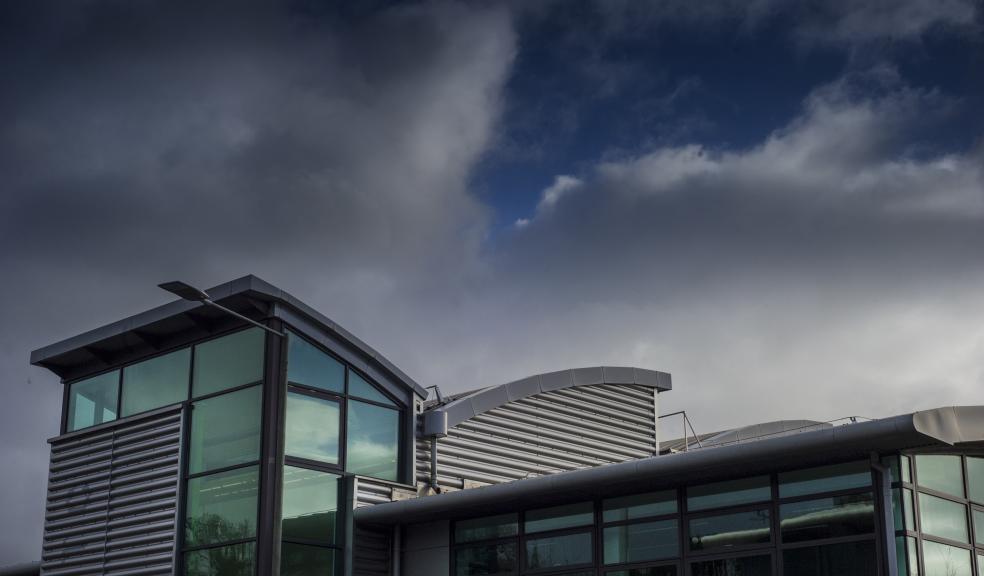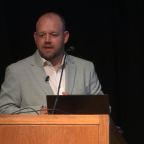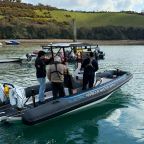
Diving Diseases Research Centre Celebrates 21st Year at Plymouth Science Park
Plymouth based DDRC Healthcare, formerly known as the Diving Diseases Research Centre, is entering its 21st year based at the Plymouth Science Park.
In 1996 the Hyperbaric Medical Unit was the first building on Plymouth Science Park, with the charity having moved from Fort Bovisand after its inception in 1980.
DDRC Healthcare is an international Centre of Excellence in providing medical treatment, occupational medicals and training in the field of Diving and Hyperbaric Medicine, as well as services to related maritime and offshore industries.
During its lifetime, it’s helped to treat hundreds of divers suffering from decompression sickness (commonly known as ‘the bends’) as well as patients with other medical conditions such as non-healing wounds, carbon monoxide poisoning and the long-term side effects of radiotherapy.
Two of the main charitable objectives for DDRC Healthcare are education and research and the organization has strong academic links and part-funds PhD students.
“We are best known for treating divers with decompression illness (DCI) or 'the bends', but only approximately one third of our patients are divers,” explains Kathryn Epps, Communications and Fundraising Manager for DDRC Healthcare.
“The vast majority of our patients are treated under the NHS and we work closely with NHS colleagues from across the country to support both emergency and non-emergency patients. We have treated hundreds of emergency and routine patients.”
Most patients are treated in a large nine seat hyperbaric chamber with one person ‘monoplace’ chamber is used for patients with certain problems. There is also a satellite unit for the charity in Cardiff providing hyperbaric treatment.
“We also help ease the long-term side-effects of radiotherapy and poor wound healing, including diabetic foot ulcers. Significant results are achieved in both emergency and routine patients. Some routine patients have been able to avoid the need for limb amputation due to the results in their wound healing,” says Kathryn.
There have been many key benefits for siting the DDRC Healthcare at Plymouth Science Park. Its proximity to Derriford Hospital allows for quick and easy access for both medical specialists and patients. The nearby helipad allows for a quick transfer to the centre for divers flown in following an emergency at sea. It has built strong links with the 80 or so scientific and technological businesses which are based in its proximity.
“Derriford Hospital's major trauma centre is located adjacent to our facility and has a helipad able to take Search & Rescue helicopters and air ambulances. This makes for quick and easy transportation to the Emergency Department of the hospital or straight to us for treatment. We are also able to offer free on-site parking which is of such help to our routine patients as they may be attending daily for up to eight weeks,” says Kathryn.
“Being located on Plymouth Science Park has allowed us to be at the centre of the development of science based businesses and industries. We are also located next door to the Peninsula School of Medicine & Dentistry which enables us to share knowledge and accommodate joint educational ventures.”











